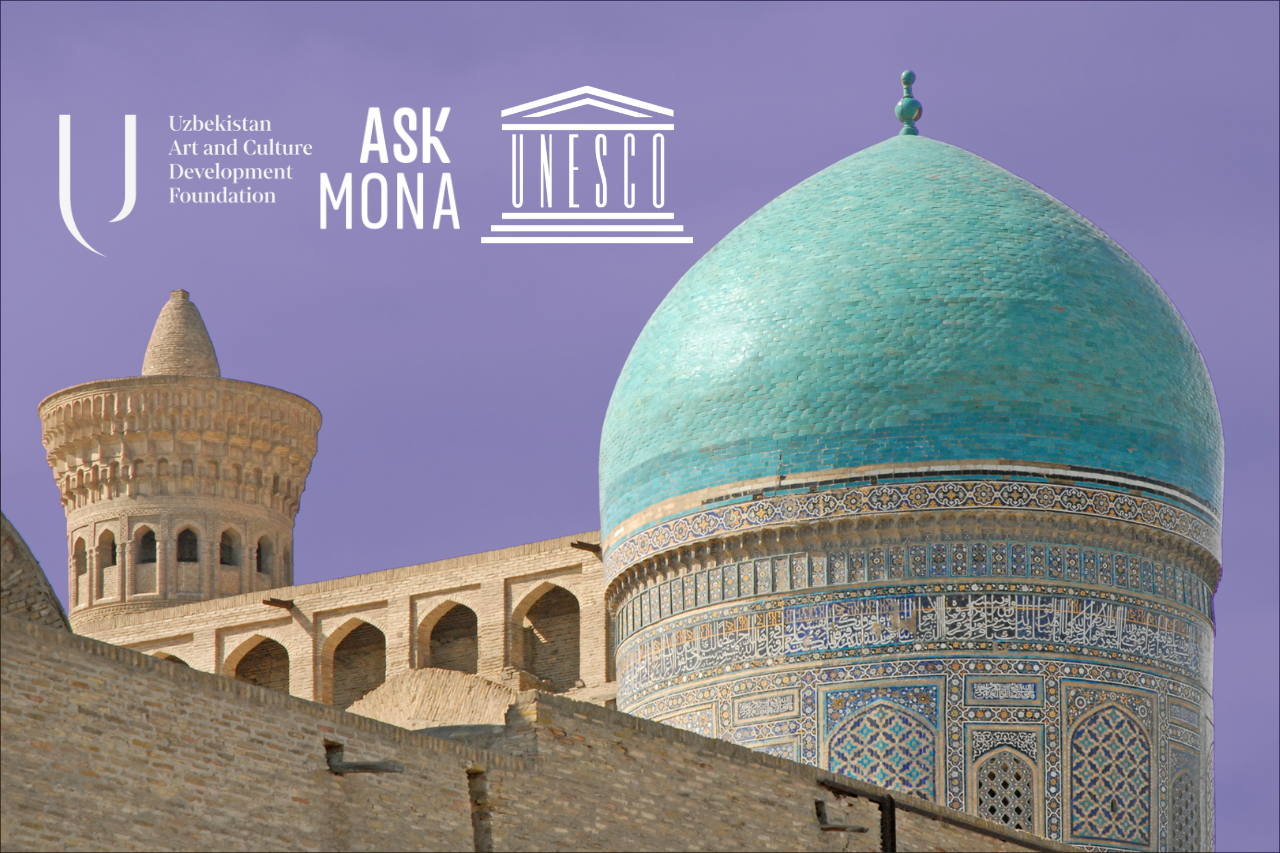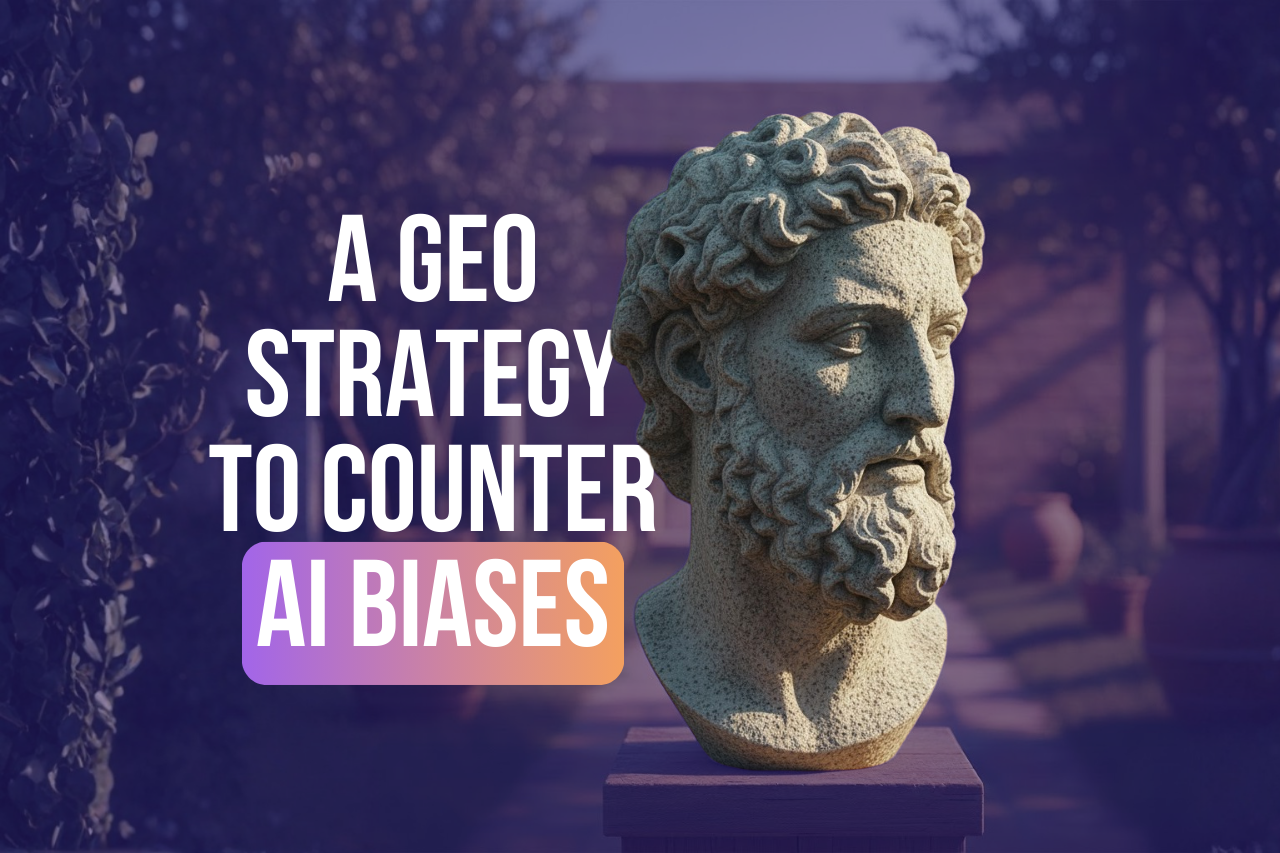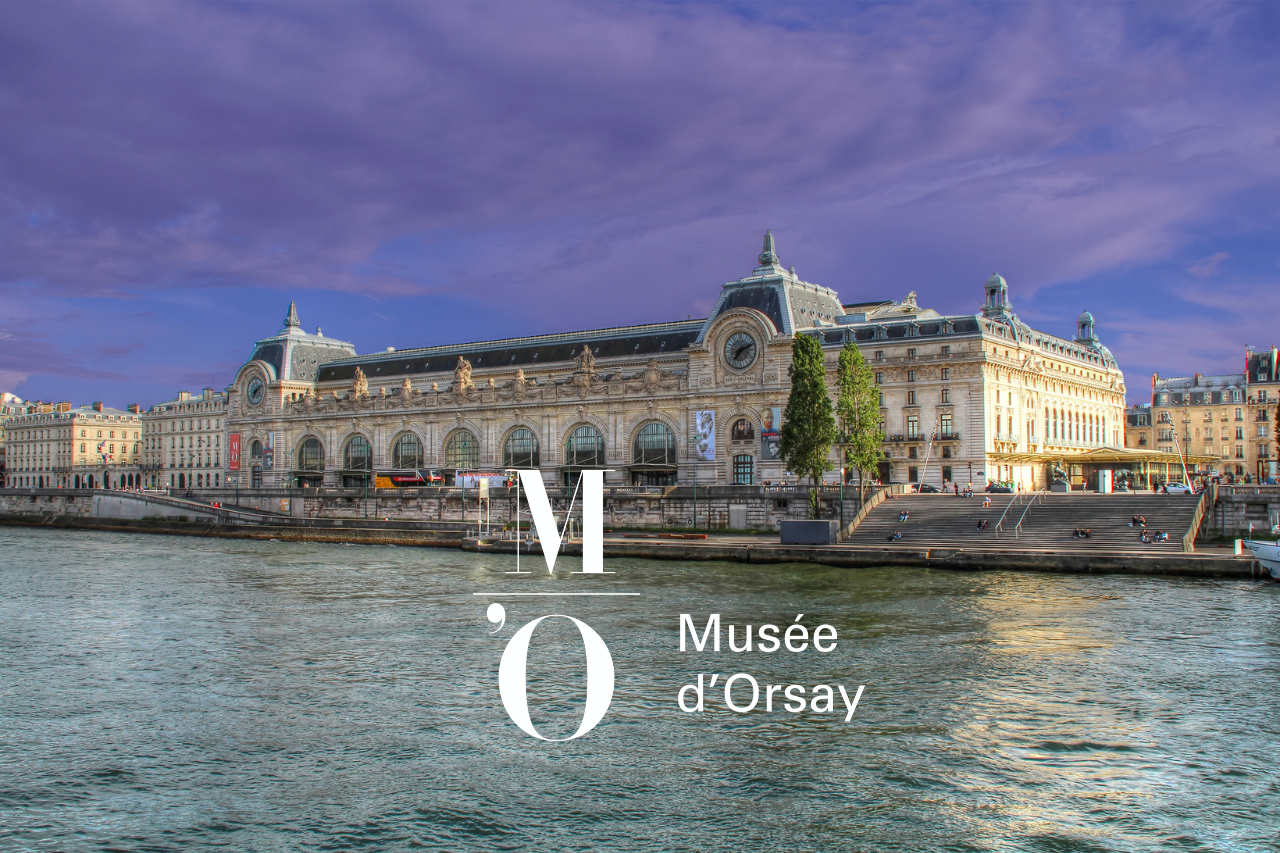French AI in the Spotlight: Ask Mona CEO Valentin Schmite Takes Center Stage at UNESCO

This marks a historic moment for Ask Mona and a major recognition of French expertise in artificial intelligence applied to culture.
From October 30 to November 13, 2025, the mythical city of Samarkand (Uzbekistan) hosted the 43rd session of the UNESCO General Conference. For the first time in nearly forty years, this strategic gathering took place outside UNESCO’s Paris headquarters, signaling a strong commitment to global dialogue and to cultural issues in the Global South.
Amid this assembly of heads of state, ministers of culture and education, and senior international officials, Valentin Schmite, co-founder and CEO of Ask Mona, was invited to speak, a major acknowledgment that further strengthens our company’s credibility on the international cultural stage.
An Honor: Representing French Expertise on the World Stage
Ask Mona’s presence at such an event stands as a true validation of our founding mission: to harness the best of AI in the service of knowledge and curiosity.
Valentin’s address focused on two key themes:
- Ethical AI and information integrity: How can we ensure that AI tools (like those developed by Ask Mona) do not “hallucinate” but instead disseminate information that is certified and validated by professionals?
- Accessibility of knowledge for all: How can AI help ensure that people of all nationalities have access to the same information, by supporting multilingual strategies that preserve the cultural essence of each site across languages?
“Being invited by UNESCO to discuss these issues alongside heads of state and senior representatives from institutions such as ICOM or the Guimet Museum is proof that our expertise is recognized at the highest level” emphasized Valentin Schmite.
Ask Mona: Credibility Built Alongside Global Decision-Makers
Our ability to support institutions such as the Louvre Abu Dhabi, the Château de Versailles, and the Colosseum in Rome now extends into the sphere of cultural diplomacy. The solutions developed by Ask Mona are at the heart of strategic discussions shaping UNESCO’s cultural, educational, and scientific policies for the coming decades.
This recognition reinforces our conviction that AI, when developed with ethics and rigor, is key to meeting the global challenge of cultural democratization, a challenge that, as Valentin Schmite reminded the audience in Samarkand, must leave no one behind.
Looking Ahead: A French Leader in Cultural AI
In conclusion, Valentin Schmite’s participation in the 43rd UNESCO General Conference in Samarkand represents more than a success. It is a powerful affirmation of Ask Mona’s founding mission. This symbolic event anchors our belief that technology is one of the most effective vehicles for transmitting knowledge, and that the future of culture will be written by uniting tradition with responsible innovation.





